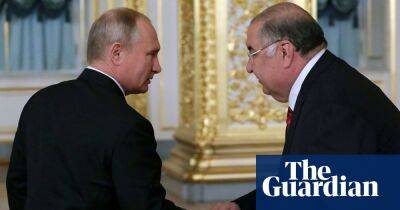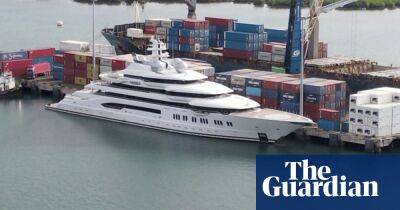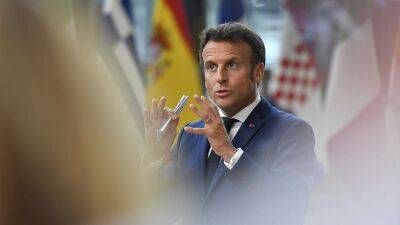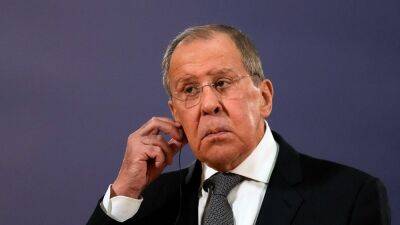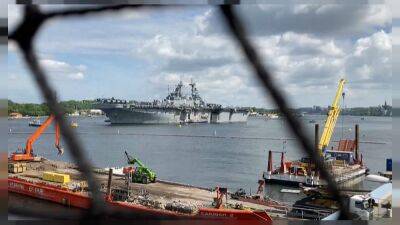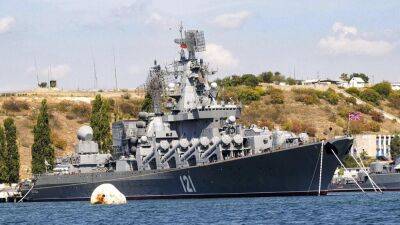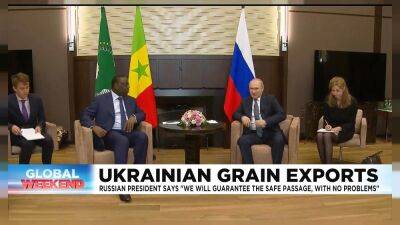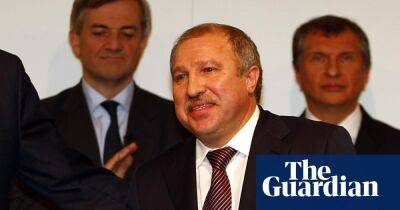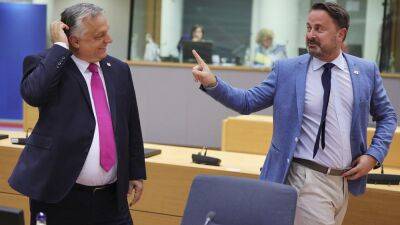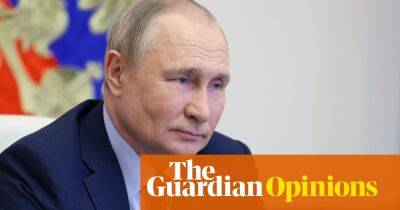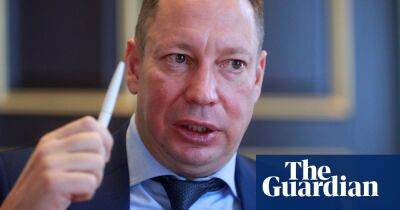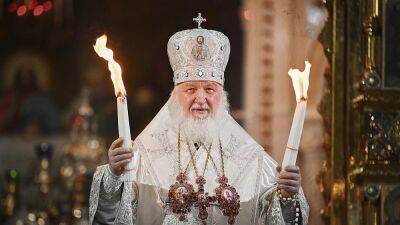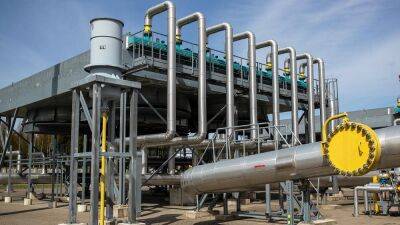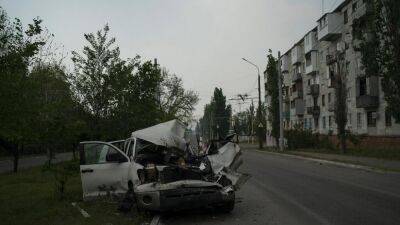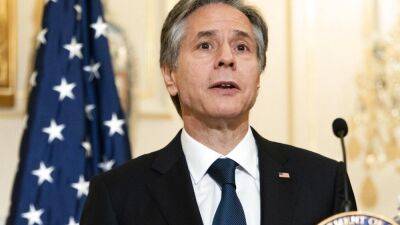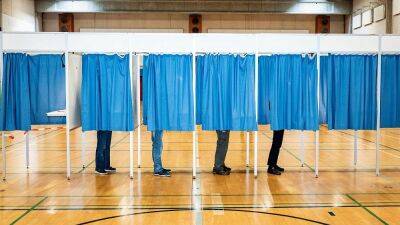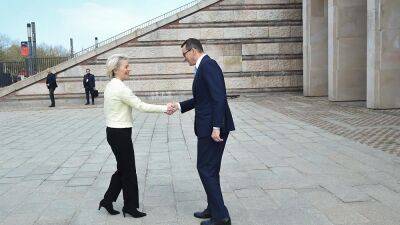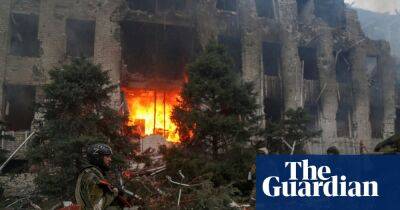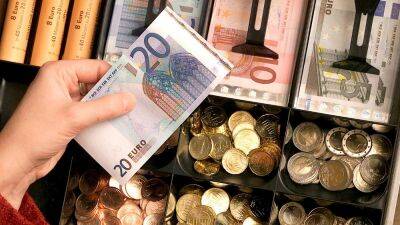EU leaders say gas unlikely to be part of new round of Russia sanctions
EU leaders suggested Russian gas was unlikely to be part of the next round of sanctions against Vladimir Putin’s war machine, hours after agreeing a historic but incomplete oil embargo.
After nearly a month of wrangling, the EU agreed to ban 90% of Russian oil imports by the end of the year, with an exemption for Hungary, Slovakia and the Czech Republic. These landlocked central European countries, heavily dependent on Russian oil, can continue being supplied via the Soviet-era Druzhba pipeline for an indeterminate period.
Following the oil embargo, a measure that would have been unthinkable six months ago, Baltic leaders called for talks on further sanctions. Estonia’s prime minister, Kaja Kallas, said the EU needed to start discussing its next sanctions against Russia because things were “not going any better” in Ukraine. “As long as the war is going on, there is no peace, Ukraine hasn’t won the war; we haven’t done enough.”
The Estonian PM, like her counterparts in the Baltic states and Poland, wants the EU to phase out Russian gas quickly. But Kallas said she was “realistic” and did not expect to see gas in the next set of sanctions. “Gas is of course much more difficult than oil already was,” she told reporters on the second day of an EU summit. “All the next sanctions will be more difficult, because so far they have only hurt Russians, but now they are also having effects on Europeans and that is why it is also much more politically difficult to decide.”
Austria’s chancellor, Karl Nehammer, said gas could not be part of the EU’s next set of sanctions. “Russian oil is much easier to compensate [for]… gas is completely different, which is why a gas embargo will not be an issue in the next sanctions package,” he said.
The
Read more on theguardian.com

